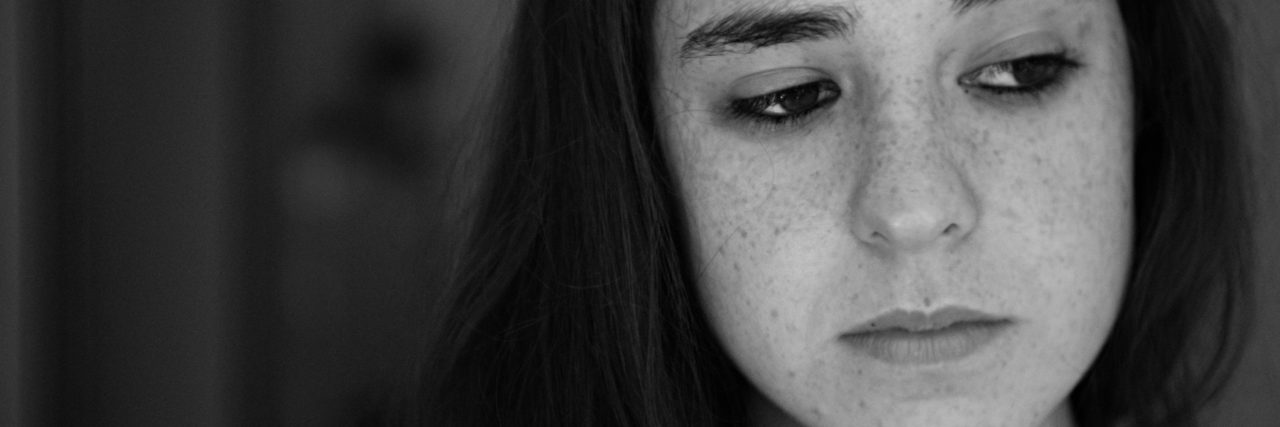In the two years since my celiac disease diagnosis, I have learned I am one of the more sensitive celiacs out there. Unlike a friend with celiac, who can eat corn tortilla chips fried in the same fryer as other breaded appetizers, or flourless peanut butter cookies prepared in a traditional flour-ful bakery, I must be vigilant to avoid the smallest cross-contamination. I have even become ill from many certified gluten-free products, discovering too late that something is “produced in a facility that also processes wheat” or contains de-glutened barley malt as a flavoring (this is a common practice in Italy, where I now live).
All this to say that despite my vigilance, I still manage to get glutened every few weeks from mysterious or undisclosed sources, even when I prepare almost all of my own food from whole ingredients. My first and most debilitating symptom is depression. With larger amounts of accidentally ingested gluten, the physical symptoms also begin to appear: bumps of dermatitis herpetiformis on my scalp, nausea, digestive problems, numbness in my arms and legs. But since I am so careful, the amounts are almost always minuscule, so for about a year my glutenings have been only psychological in nature.
I have come to accept that I am living principally with a mental, not physical, illness. When I get accidentally glutened, the depression comes on suddenly and heavily, like getting hit by a truck. Often it’s mixed with anxiety, and for a time I was also experiencing frequent panic attacks. Now that I have been eating gluten-free for two years, my “real” personality has been able to shine through. I am more energetic, more inspired, and have a more optimistic outlook on life than ever before. But bring on the gluten, and I can become suicidal in a matter of hours. If I can’t identify the source and eat it more than once, I can be in this state for many days in a row. It doesn’t matter that it’s “only” gluten and it will pass – in those dark days I can’t see reason and can’t feel hope.
Just as significantly as my own experience of my illness, I have had to come to terms with how it affects my loved ones. I have picked countless unfounded fights with friends and with my husband, I have blurted out awful comments in public settings, and I have raged at my children with very little provocation. This is not a justification. Unfortunately, this me is just as “real” as my better self. As much as I am disciplined with my diet, I never know when that switch will flip. I have hardly any control over my thoughts or behavior when I have had gluten. But the rage I hurl at other people is still vicious; it still comes from me, it is still my responsibility. I struggle with tremendous guilt, and hopefully I can learn to forgive myself. Meanwhile, all I can do is continue to be careful.
If you or someone you know needs help, visit our suicide prevention resources page.
If you need support right now, call the National Suicide Prevention Lifeline at 1-800-273-8255, the Trevor Project at 1-866-488-7386 or text “HOME” to 741-741. Head here for a list of crisis centers around the world.
We want to hear your story. Become a Mighty contributor here.
Photo by Pablo Varela on Unsplash

